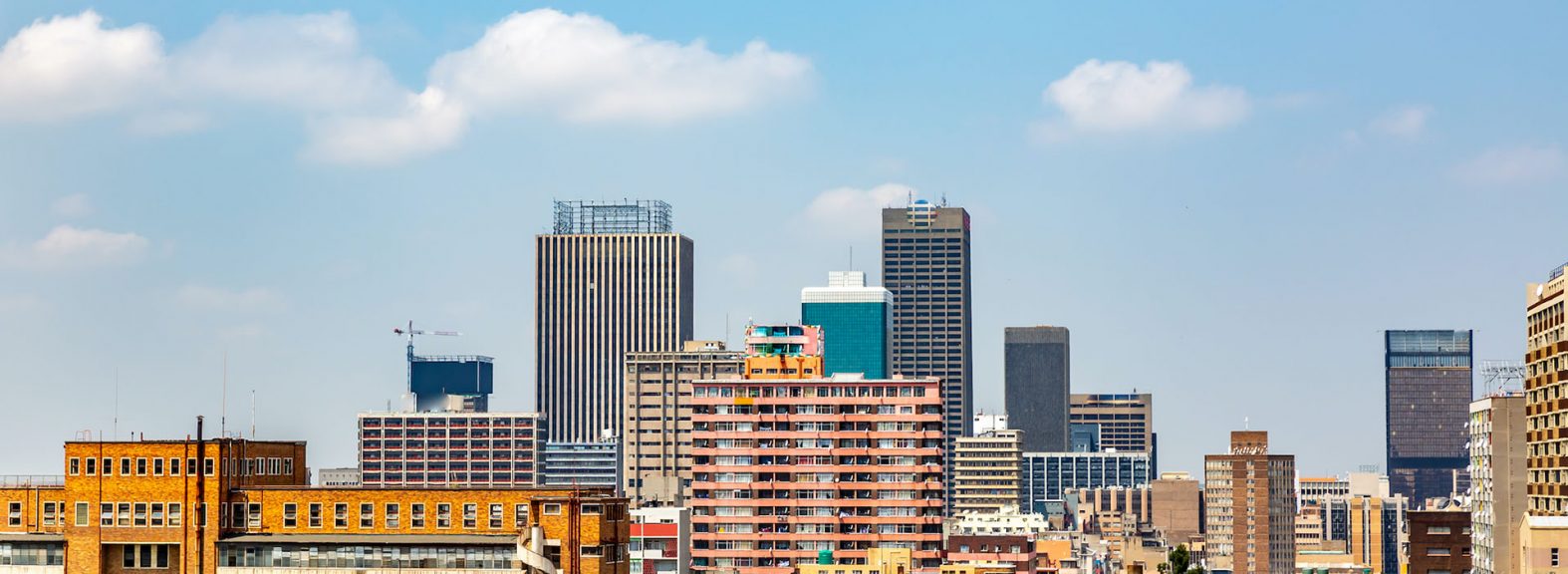Africa’s opportunity to unlock green investment in cities, prepare for climate change and accelerate growth


Published today, a new report by the Coalition for Urban Transitions and FSD Africa shows that investing in low-carbon cities across Africa offers promising opportunities to accelerate the continent’s transition to a green and resilient future.
Greening the continent’s cities could produce huge economic dividends for Africa over the next three decades, running into the hundreds of US$billions. Cities and governments that use key finance mechanisms and establish enabling policies to unlock the required investment stand to profit generously, the report argues.
Africa is under immense pressure to develop its cities in ways that its people can thrive and their needs are met. Its cities are changing rapidly: urbanisation is happening faster than anywhere else in the world with populations set to double in the next 40 years. Lack of capacity to manage the growing demand for services means that poorly considered urban development is often sprawling, disconnected and polluting, putting considerable strain on already stretched societies.
Added to this, African cities face major threats from the impacts of climate change, with many of the continent’s key hubs and capital cities at extreme risk of flooding, droughts and heatwaves. Both challenges are compounded by the other.
The crises require a rapid and coordinated response to construct new climate resilient places for city populations to live, work and travel. They present a major opportunity, described in this report, to rethink urban development by investing in compact cities with well-connecting services, efficient transport systems and protection from the risks posed by climate change.
Cities built this way will be more prosperous: they will be cheaper to run, healthier, less polluting and more inclusive. They will also create hundreds of thousands of jobs and provide attractive returns for investors.
The report shows that the economic benefits from investing for climate readiness in African cities would far outweigh the cost. Across 35 major cities in Ethiopia, Kenya and South Africa, the analysis finds that delivering more compact, clean, and connected development would require incremental investment of $280 billion but produce a return of more than four times that with total benefits worth $1.1 trillion by 2050, equivalent to $330 billion in today’s terms (Net Present Value).
But it will require leadership and collective effort to unlock the green investment, with commitment from those in authority to overcome budgetary constraints and weak borrowing power. National policies and regulatory frameworks alongside initiatives to improve creditworthiness and implement land value capture will be required to help secure the funds.
City leaders can build on national policies by strengthening community participation and forging effective partnerships to harness the required expertise and local insight unique to each city.
National governments that grasp the urgency of the challenges facing African cities and respond with strong leadership will be well placed to unlock green investment. Whilst the scale of the investment needed is significant, the economic dividends are far greater and there are existing mechanisms capable of financing a more sustainable, healthier and prosperous urban future across Africa.
Nick Godfrey, Director of the Coalition for Urban Transitions
The report shines a spotlight on the key instruments that urban leaders can pursue to unlock the vital investment. Cities in Africa and elsewhere are already piloting innovative mechanisms — pay-per-use cooling subscriptions and utility leasing contracts for electric buses — alongside established finance tools like green bonds and private sector partnerships, to draw in the capital and expertise needed to shape and finance Africa’s urban development.
There is no ‘one-size-fits all’ approach to financing sustainable and resilient cities across Africa but this report shows how it is possible for national and city leaders to achieve ambitious goals by deploying scalable instruments to unlock urgently needed investment. With the right enabling environment, these instruments will help to secure the finance required to build attractive and resilient cities for Africa’s growing urban populations.
Africa’s destiny will be determined by the way its cities develop. With world leaders due to meet at COP26 next month where they will discuss how to mobilise the trillions in private and public sector finance needed to secure global net zero, the positive message from this report is that we already have instruments that can deliver the massive investment that our cities need if they are to develop in a sustainable way and thrive. We firmly believe that with well-structured green investment it is possible to deliver both environmental benefits and strong economic growth at the same time.
Mark Napier, CEO of FSD Africa
African leaders that unleash their urban potential to support and finance low-carbon inclusive cities, will boost their economies, and build greater resilience to climate change, poverty, unemployment, and inequality. ‘Financing Africa’s Urban Opportunity’ is an enormous challenge but the possibility to accelerate resilience and prosperity is promising. Read the report here.